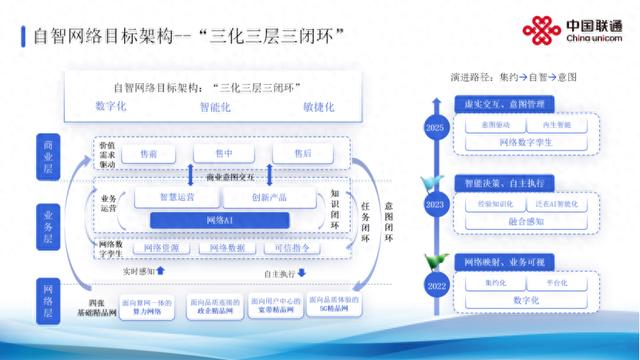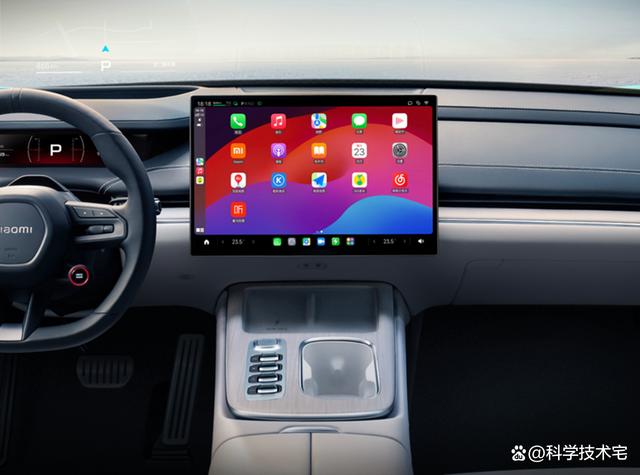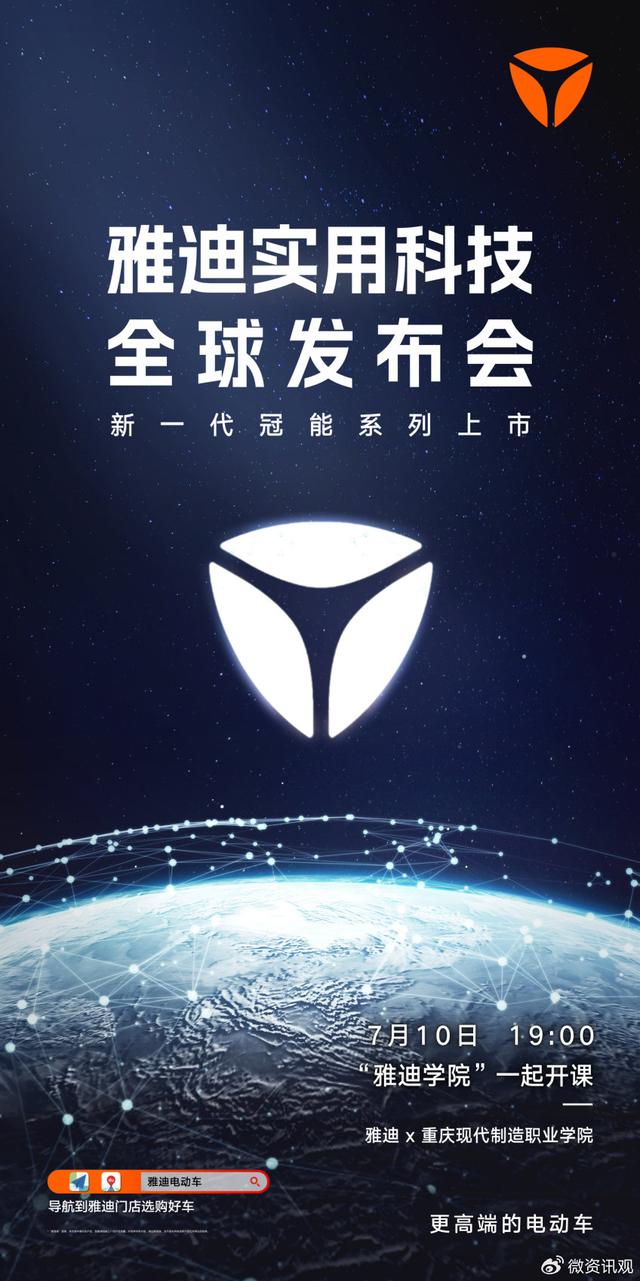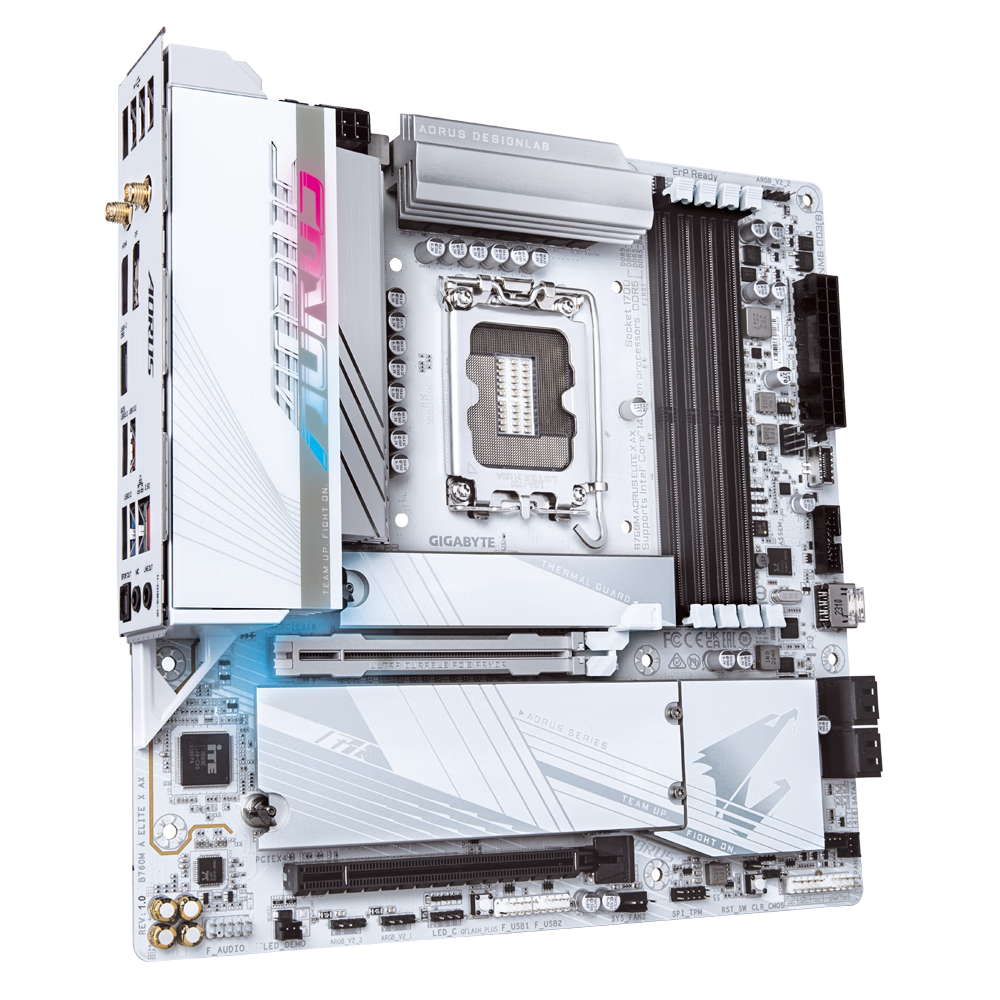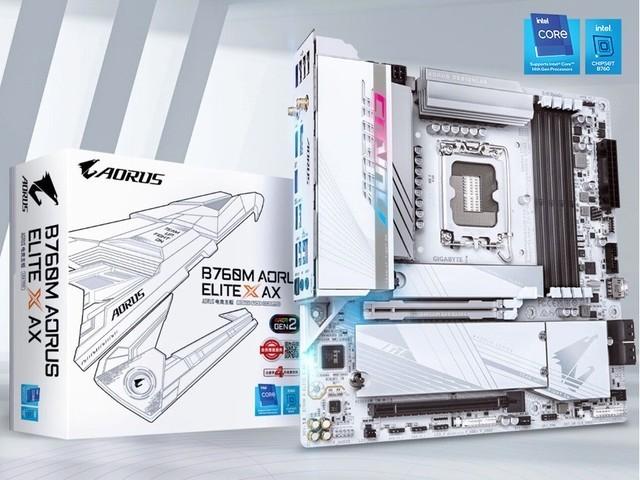探索未来一年的关键技术趋势:从AI到量子计算,重塑各行各业的明天。
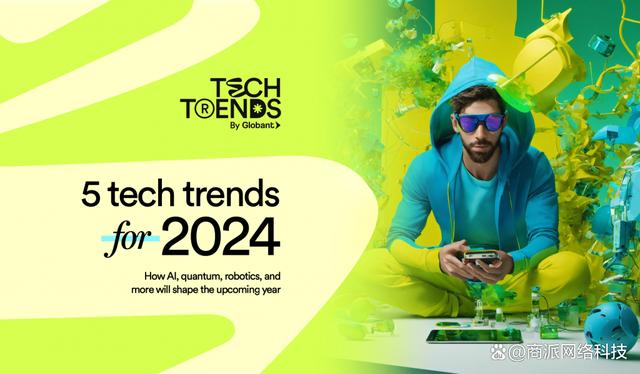
随着我们步入2024年,科技继续在塑造商业领域和人类体验方面发挥着核心作用。这一时期有五个关键趋势崭露头角,每个都将对各个行业产生显著影响:
人工智能(AI)的采用预计将为大小型企业打开机会窗口。企业正准备进入AI整合的新阶段,利用先进的工具和平台提升客户服务体验。在未来五年内,大量消费者期望AI能改进他们的互动体验。组织鼓励探索AI的潜力,识别新的问题解决途径或整合现有解决方案,以简化运营并满足客户需求。强大的AI工具如GeneXus Enterprise AI和OpenAI的GPT产品使得企业能够有效地处理和分析海量非结构化数据,从而解锁有价值洞见,优化资源管理。
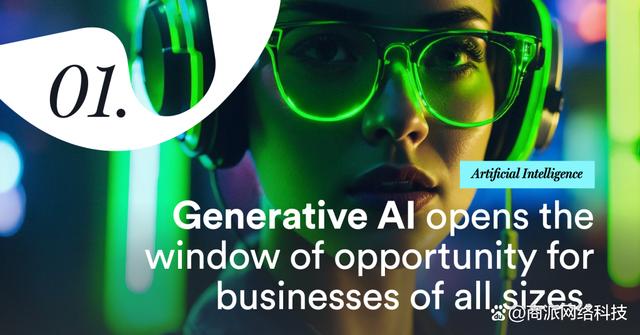
量子计算正从科幻领域走向实用应用。到2024年,尽管许多企业将了解量子计算可能带来的潜在影响,但预计只有少数企业会积极接纳这项技术。量子计算处理具有众多变量复杂问题的能力使其特别吸引那些拥有丰富数据的行业,比如金融和制药业,这些行业可能会率先进行投资和探索尝试。市场预测显示该领域将实现显著增长,其市值在2023年达到8.66亿美元,并有望于2028年增长至43.75亿美元。包括IBM、阿里巴巴、百度、亚马逊、谷歌和微软在内的大型科技巨头以及初创公司和各国政府都在不断增加对量子计算研究的投资。重点在于教育利益相关者关于其长期价值,同时克服初期将其视为颠覆性力量的看法。
机器人技术正在经历多功能性和功能性的飞跃,促进了各行业的创新应用。配备AI的机器人越来越智能、自主且适应性强,在从制造业到远程检测维护等非传统领域的角色日益重要。预计到2024年,企业将进一步集成机器人以提高效率、减少错误并保持竞争力。全球范围内约有350万台功能性机器人在运行,安装量估计达157亿美元左右。此外,“机器人即服务”(RaaS)模式的出现让企业可以租用专门的机器人来完成特定任务,例如送货机器人或安保巡逻,这反映了机器人技术在传统制造环境之外的不断扩展应用。
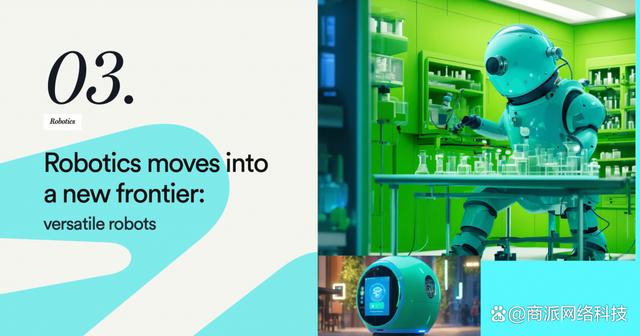
区块链技术虽然显示出在多个行业应用中的巨大潜力,但大规模采用的步伐仍较为缓慢。尽管区块链有可能提供安全透明的交易系统,但其在大众市场的渗透率尚未全面加速。
三维沉浸式体验继续引起投资者和企业的兴趣,尽管投资热情可能有所降温。然而,沉浸式技术提供了改变客户和员工体验的可能性,为交流与参与提供了新的维度。
总的来说,这些趋势预示了一个前沿技术融合重塑传统实践、重新定义可能性边界的未来。正如Globant公司的思想领袖所预测,成功驾驭这些进步并策略性应用的企业将在接下来的一年及更远的未来中定位自己去创新和繁荣。通过与经验丰富的技术加速器合作,并专注于技术和解决方案的真实性和合法性,企业可以把握这些趋势,驱动业务运营和以人为本体验方面的实质性改进。
As we approach the year 2024, technology continues to play a pivotal role in shaping both the business landscape and human experiences. This period sees five key trends emerge, each set to significantly influence the trajectory of various sectors:
Artificial Intelligence (AI) adoption is anticipated to open up opportunities for both large enterprises and small businesses alike. Companies are poised to transition to the next stage of AI integration, leveraging advanced tools and platforms to enhance customer service experiences. A substantial portion of consumers expects AI to improve their interactions within the next five years. Organizations are encouraged to explore AI’s potential, identifying either new problems to solve or integrating existing solutions to streamline operations and align with customer needs. The availability of powerful AI tools like GeneXus Enterprise AI and OpenAI’s GPT products enable businesses to effectively process and analyze vast quantities of unstructured data, thus unlocking valuable insights and optimizing resource management.
Quantum Computing is transitioning from the realm of science fiction into practical applications. By 2024, while many businesses will gain an understanding of quantum computing’s potential impact, only a few are forecasted to actively embrace the technology. Quantum computing’s ability to tackle complex problems with numerous variables makes it particularly attractive to data-rich industries, such as finance and pharmaceuticals, which are likely to lead investment and exploration efforts. Market forecasts indicate significant growth, with the sector valued at $866 million in 2023 and projected to reach $4,375 million by 2028. Major tech giants, startups, and governments are increasingly investing in quantum computing research, exemplified by initiatives from companies like IBM, Alibaba, Baidu, Amazon, Google, and Microsoft, alongside government funding from nations like Canada and the United States. The emphasis lies on educating stakeholders about its long-term benefits and overcoming initial perceptions of it as a disruptive force.
Robotics is experiencing a surge in versatility and functionality, facilitating novel applications across industries. Robots equipped with AI are becoming smarter, more autonomous, and adaptable, serving roles from manufacturing to non-traditional sectors such as remote inspection and maintenance. By 2024, businesses are predicted to integrate robotics further to boost efficiency, reduce errors, and maintain competitiveness. An estimated 3.5 million functional robots are operational worldwide, with installations reaching approximately $15.7 billion. Additionally, the emergence of “robots-as-a-service” (RaaS) allows organizations to rent specialized robots for specific tasks, such as delivery bots or security patrols, reflecting the expanding presence of robotics beyond traditional manufacturing settings.
Blockchain Technology shows promise with a myriad of industry applications; however, widespread adoption remains sluggish. Despite the potential for secure and transparent transactional systems, blockchain’s mass-market penetration is yet to accelerate fully.
3D Immersive Experiences continue to garner interest from investors and businesses, although investment fervor might be tapering off. Nonetheless, immersive technologies hold the potential to transform customer and employee experiences, offering new dimensions for engagement and communication.
Overall, these trends demonstrate a future where cutting-edge technologies converge to reshape conventional practices and redefine the boundaries of what’s possible. As thought leaders at Globant predict, businesses that successfully navigate these advancements and apply them strategically will position themselves to innovate and thrive in the coming year and beyond. Through partnerships with experienced technology accelerators and a keen focus on authentic and legitimate use of technology, companies can harness these trends to drive meaningful improvements in their operations and human-centric experiences.


